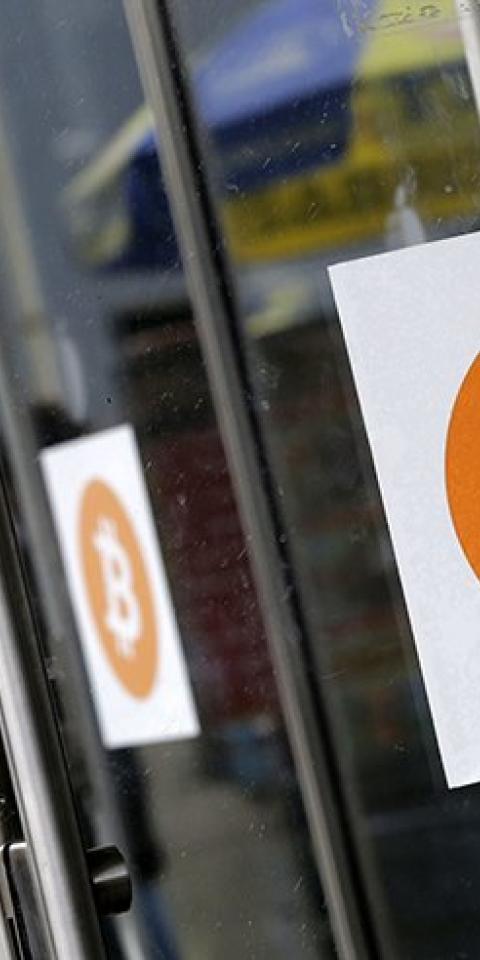India’s fifth-largest bank, Yes, has unveiled a new blockchain for vendor financing, which could help revolutionize the way consumers buy electrical products in 2017 and beyond.
The blockchain technology was developed on the Hyperledger framework, an open-source structure for blockchain, and if successful could pave the way for further similar innovations in the months ahead.
The blockchain was developed for Bajaj Electricals, an Indian manufacturer of electrical equipment. It is hoped that the blockchain will enable Bajaj Electricals to digitize its transactional processes, making it easier to debit payments from customer accounts for vendor financing deals.
Vendor financing deals occur when companies lend money to their customers to buy their own products, and are traditionally seen as high-risk. But with the help of the newly developed blockchain system, Bajaj Electricals will be able to operate with greater transparency and security in structuring these types of transactions.
According to Yes Bank, the system will have the immediate advantage of reducing transactional time frames. “The entire process cycle for bill discounting reduces from four days (owing to manual intervention and transit) to almost real time.”
Meanwhile, Shekhar Bajaj of Bajaj Electricals welcomed the move, which it is hoped could significantly streamline their vendor financing workflows.
“This solution enables us to do timely processing of the vendor payment through vendor financing from the bank without physical documents and manual intervention,” Bajaj said. “It also enables us and our vendor to track the status of the transactions on a real-time basis.”
As the system was announced, Yes Bank’s share price increased, which some analysts have read as a vote of confidence in the system, which could significantly reshape vendor financing more broadly in India and the wider world.
The announcement comes at the start of what looks set to be another busy year for blockchain developers, as the technology moves beyond early proof-of-concept and research phases. With more companies, banks and governments working in tandem with blockchain developers to devise and implement these types of models, it looks certain that more organizations will take advantage of similar tech frameworks in 2017.




